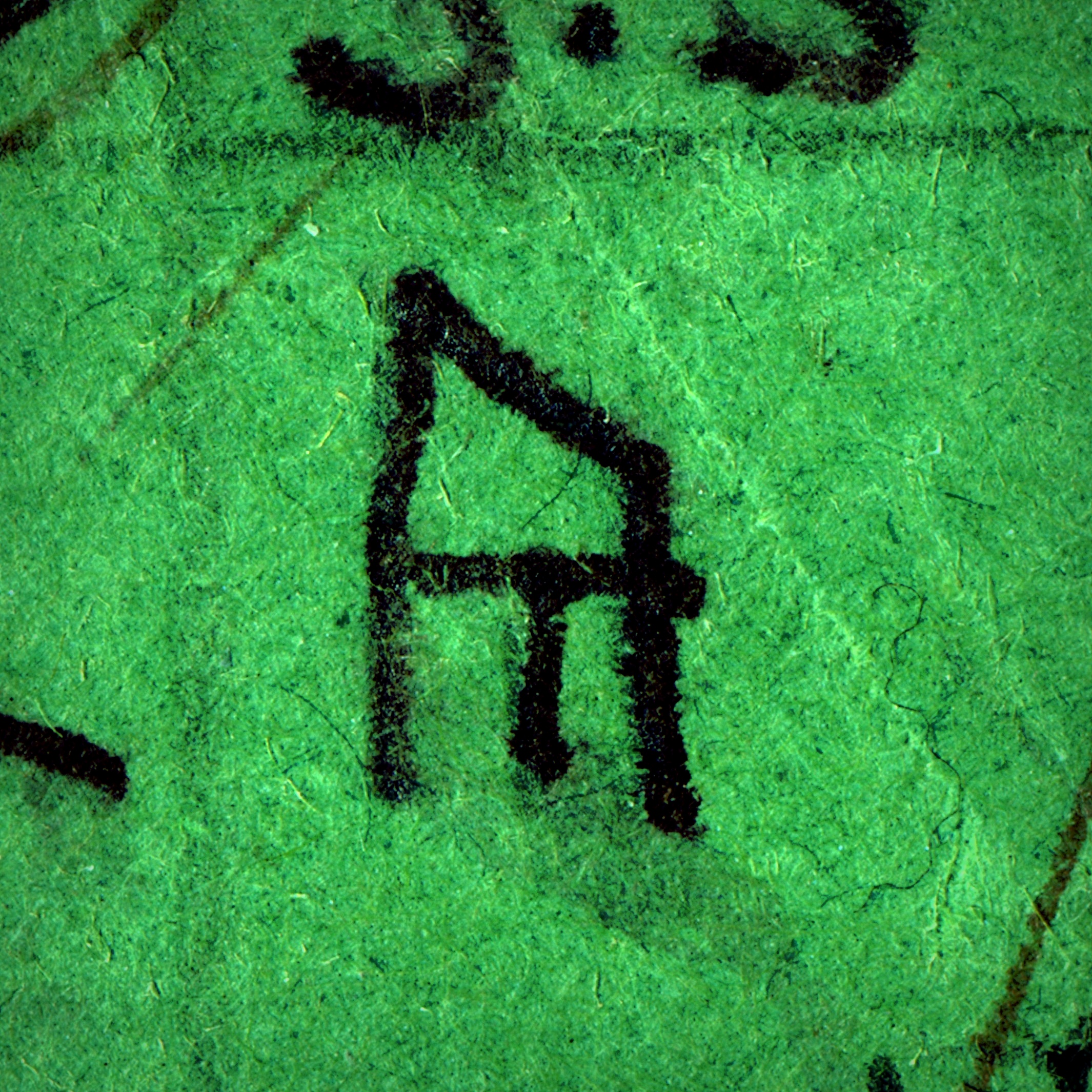 Say something. Go ahead, you heard me, say it and listen to yourself. Now say it about a hundred years ago. Hear it? You can hear it. Different. Speech sounds change. Accents change. You’ve changed. You think you sound the same but go back home after some distance and they’ll tell you different. And they’ll tell it to you differently. English has changed, big time, my God it’s different. It’s old. It’s medieval. Let’s think of a famous medieval person, to see how old. Somebody with a real mark of distinction. Dante. Dante Aligheri. He finished writing the Divine Comedy in 1320. He’s really really old, hundreds of years. Think of this, in this current moment we are closer in years to Dante than he was to the start of Old English. And from the Rune Poem to us he’s in the middle of the path of life. Not the runes, they’re even older, the … More
Say something. Go ahead, you heard me, say it and listen to yourself. Now say it about a hundred years ago. Hear it? You can hear it. Different. Speech sounds change. Accents change. You’ve changed. You think you sound the same but go back home after some distance and they’ll tell you different. And they’ll tell it to you differently. English has changed, big time, my God it’s different. It’s old. It’s medieval. Let’s think of a famous medieval person, to see how old. Somebody with a real mark of distinction. Dante. Dante Aligheri. He finished writing the Divine Comedy in 1320. He’s really really old, hundreds of years. Think of this, in this current moment we are closer in years to Dante than he was to the start of Old English. And from the Rune Poem to us he’s in the middle of the path of life. Not the runes, they’re even older, the … More
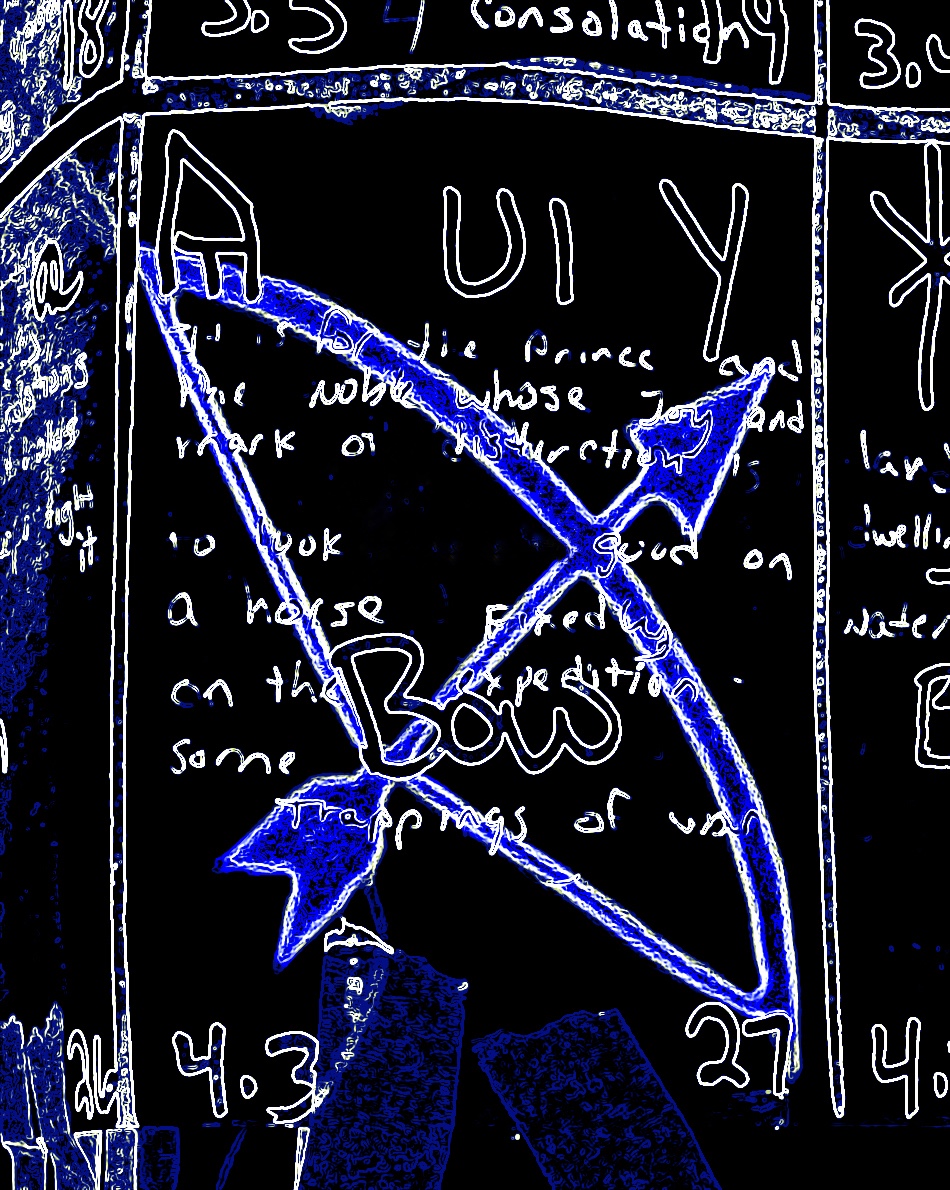

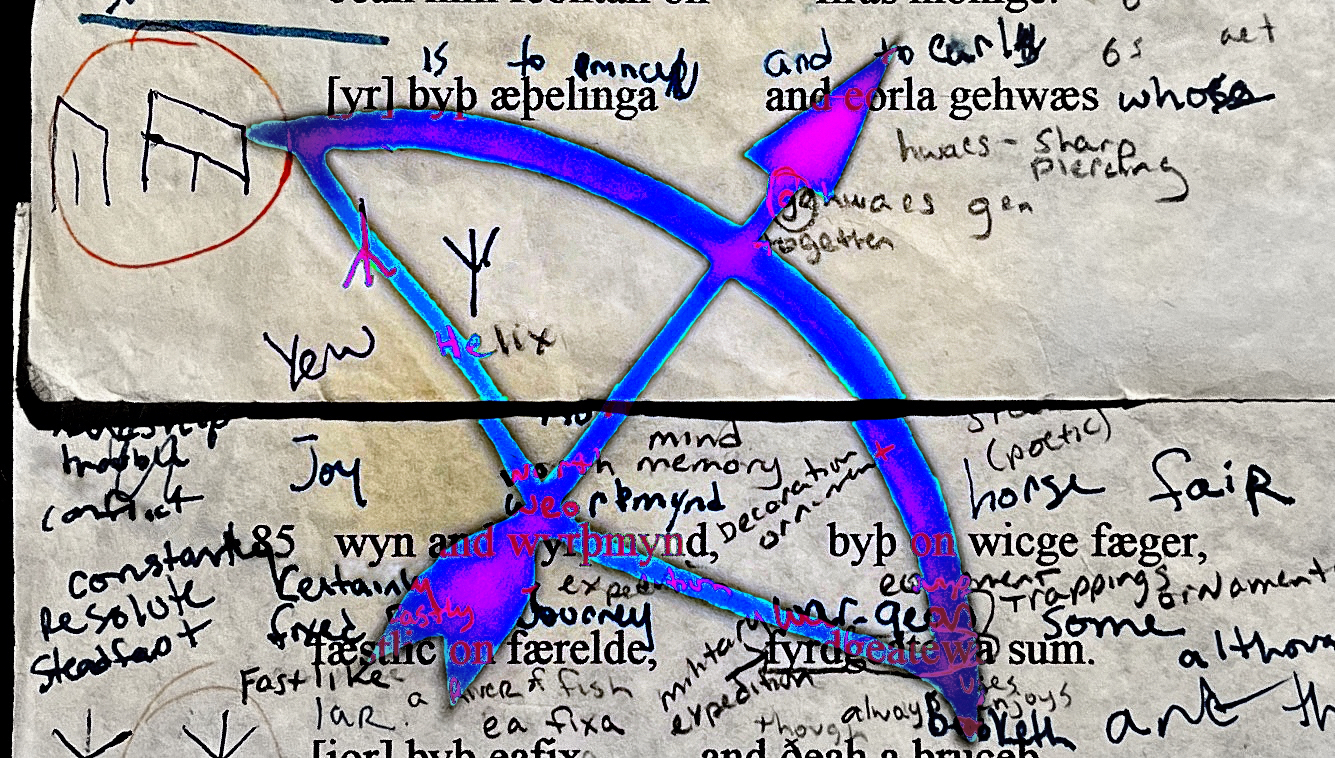
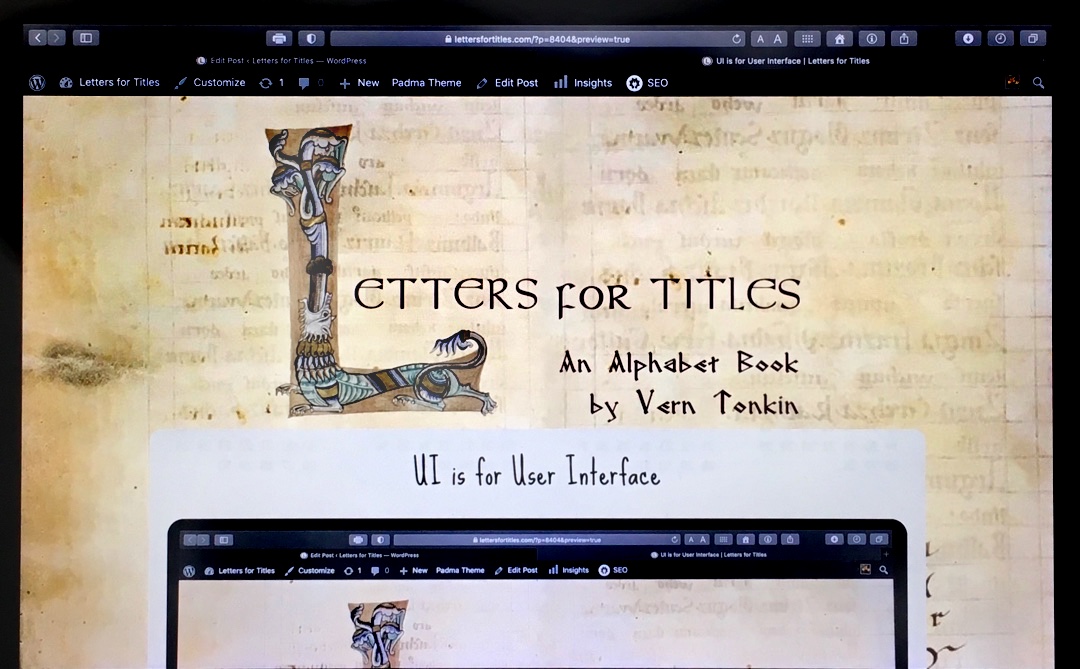
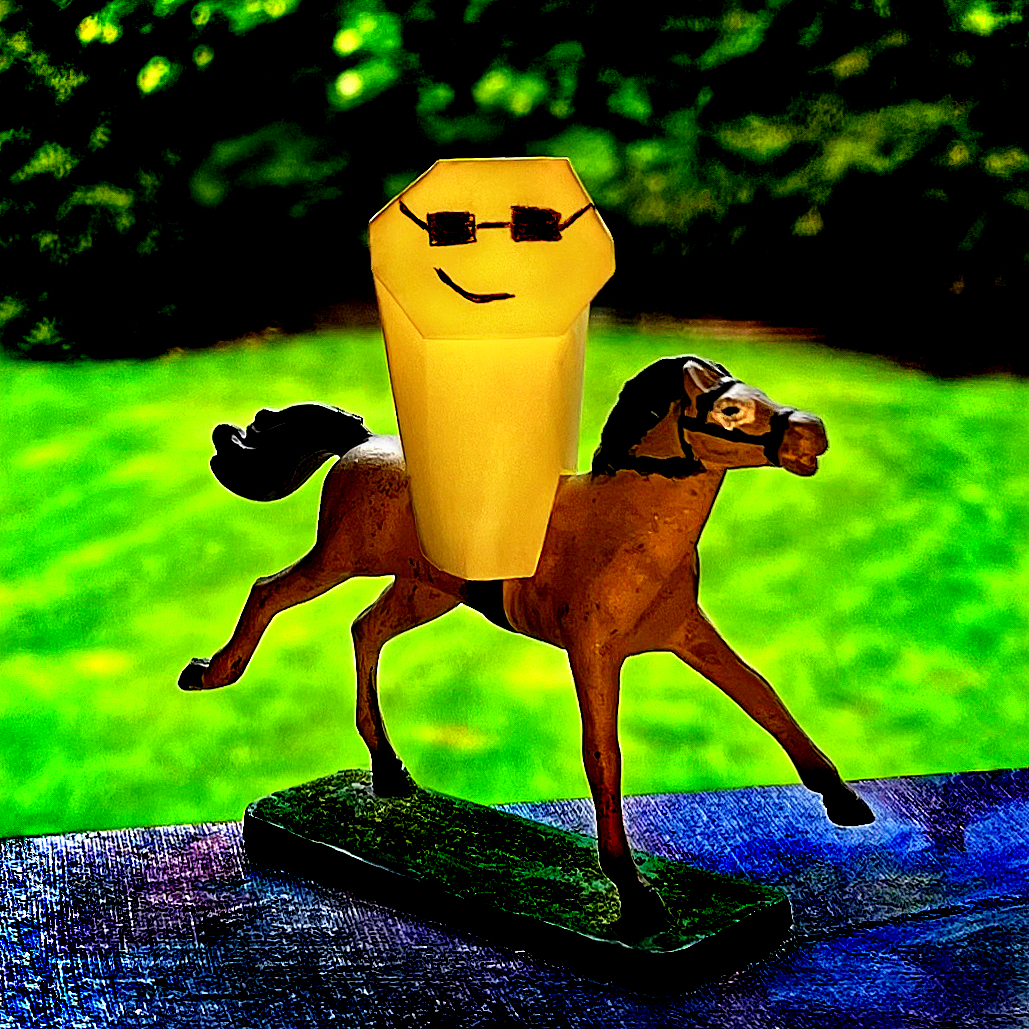 Look at you, you’re a gorgeous one. Hello. Such a pleasure to see you looking so impressive today. You’re good for looking at, is this the rune you picked? Yr? It looks good on you. Where’d you get it? Goes with your eyes. Sparkling, shining, scowling some, but you’re in a hurry. I get it. Hold your horses diva. Give us a chance to see you in all your gloriousness, before you set off. You are going places and you’ll impress when you get there. Your time is coming so you’d better bring it. You look ready for this fight. When you stay ready you don’t have to get ready and you look fierce. You will be remembered. You will be worth remembering.
Look at you, you’re a gorgeous one. Hello. Such a pleasure to see you looking so impressive today. You’re good for looking at, is this the rune you picked? Yr? It looks good on you. Where’d you get it? Goes with your eyes. Sparkling, shining, scowling some, but you’re in a hurry. I get it. Hold your horses diva. Give us a chance to see you in all your gloriousness, before you set off. You are going places and you’ll impress when you get there. Your time is coming so you’d better bring it. You look ready for this fight. When you stay ready you don’t have to get ready and you look fierce. You will be remembered. You will be worth remembering.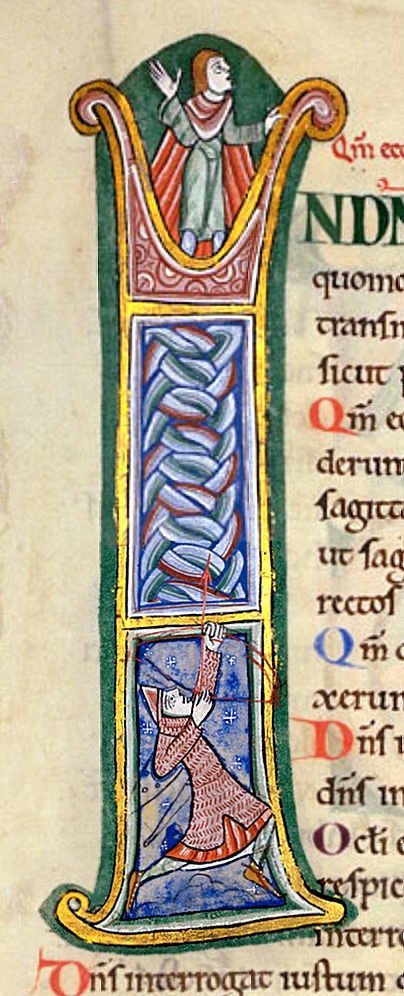
 Say something. Go ahead, you heard me, say it and listen to yourself. Now say it about a hundred years ago. Hear it? You can hear it. Different. Speech sounds change. Accents change. You’ve changed. You think you sound the same but go back home after some distance and they’ll tell you different. And they’ll tell it to you differently. English has changed, big time, my God it’s different. It’s old. It’s medieval. Let’s think of a famous medieval person, to see how old. Somebody with a real mark of distinction. Dante. Dante Aligheri. He finished writing the Divine Comedy in 1320. He’s really really old, hundreds of years. Think of this, in this current moment we are closer in years to Dante than he was to the start of Old English. And from the Rune Poem to us he’s
Say something. Go ahead, you heard me, say it and listen to yourself. Now say it about a hundred years ago. Hear it? You can hear it. Different. Speech sounds change. Accents change. You’ve changed. You think you sound the same but go back home after some distance and they’ll tell you different. And they’ll tell it to you differently. English has changed, big time, my God it’s different. It’s old. It’s medieval. Let’s think of a famous medieval person, to see how old. Somebody with a real mark of distinction. Dante. Dante Aligheri. He finished writing the Divine Comedy in 1320. He’s really really old, hundreds of years. Think of this, in this current moment we are closer in years to Dante than he was to the start of Old English. And from the Rune Poem to us he’s 
